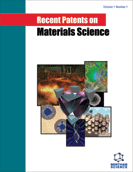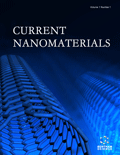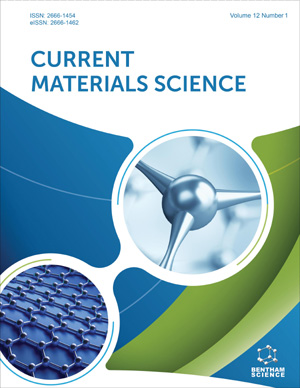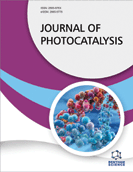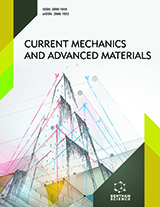Abstract
In the recent years, a number of patents have been developed to improve grinding techniques that will be beneficial to the environment. Among them, nanofluid minimum quantity lubrication (MQL) has emerged as the extremely significant aspect in grinding because of environmentally friendly, energy efficient and cost-effective properties. One patent is about a supply system for the grinding fluid in nano-particle jet MQL, which produced MQL lubricant by adding solid nanoparticles in degradable grinding fluid. During grinding process, grinding fluid could be served in lubrication, cooling, cleaning and rust prevention, thus enabling to prolong service life of the grinding wheel, protect workpiece processing quality and precision, improve production efficiency, and lower cost. In considering of environmental protection, low carbon, processing performance and economical efficiency, flood grinding could not adapt to the concept of green manufacturing and sustainable development any longer. The clean and pollution-free MQL grinding technique has attracted wide research attentions. Particularly, with the continuous development of nanotechnology, nanofluid MQL grinding which combines nanotechnology and MQL grinding technique further improves the poor cooling effect of MQL grinding and becomes the frontier research topic of grinding process. This paper describes research progresses of nanofluid MQL grinding mainly from different nanofluids, different base oil, different nanofluid concentrations and efflux parameters, and proposes the development trend of nanofluid MQL grinding.
Keywords: Friction coefficients, MQL grinding, nanofluid, nanoparticles jet flow, specific grinding energy, G-ratio, surface roughness.
 12
12 2
2 2
2

